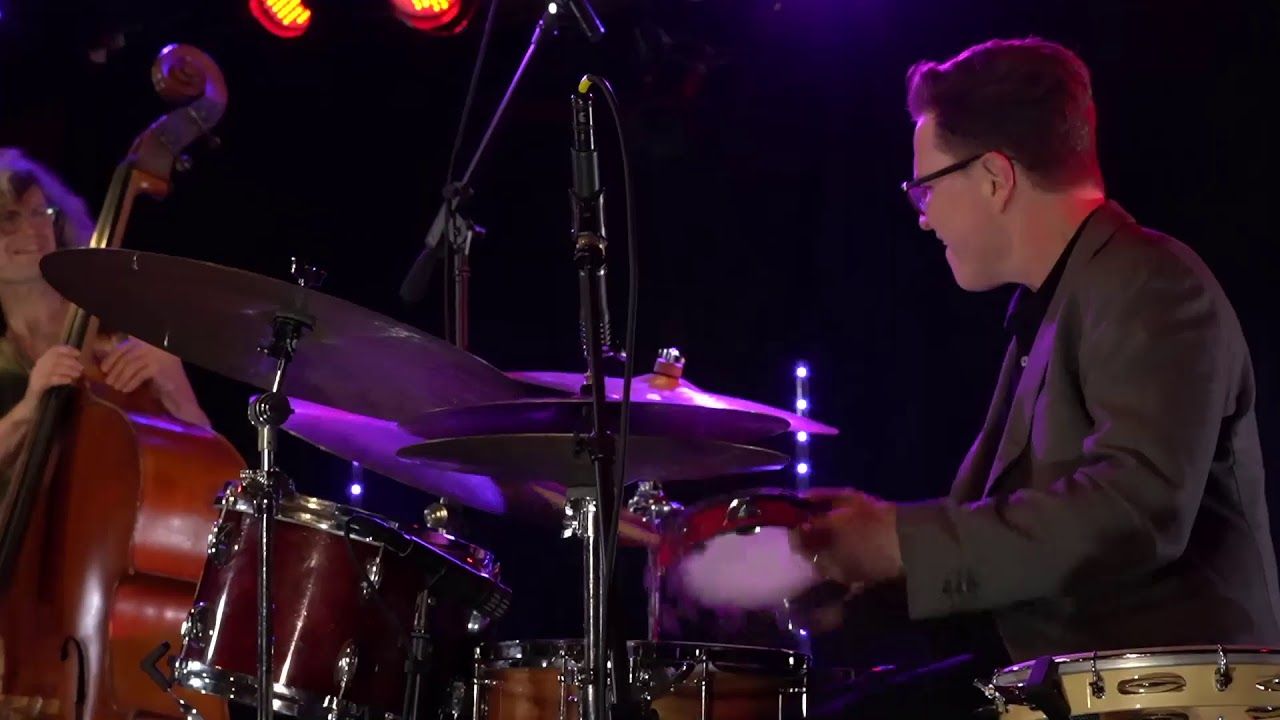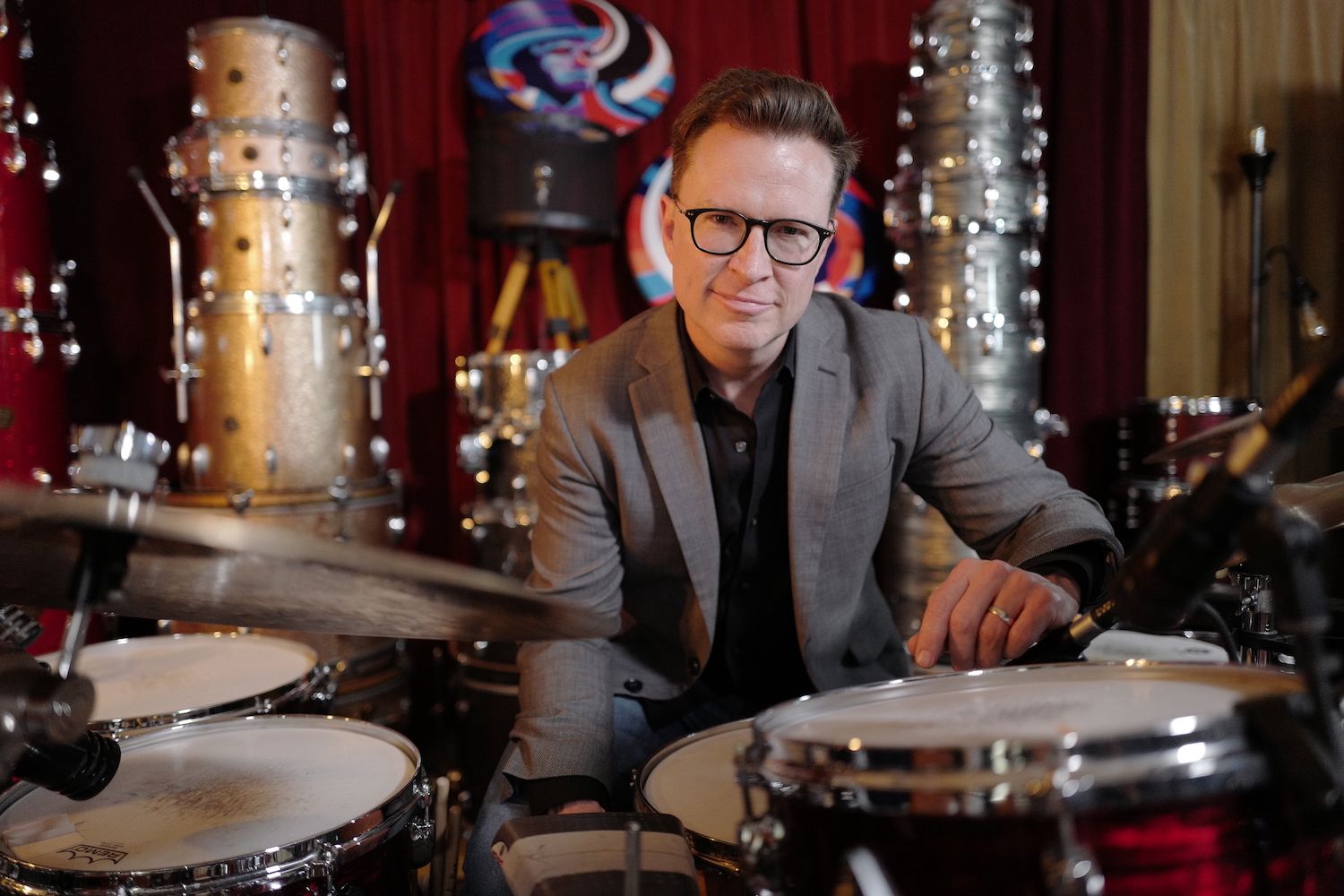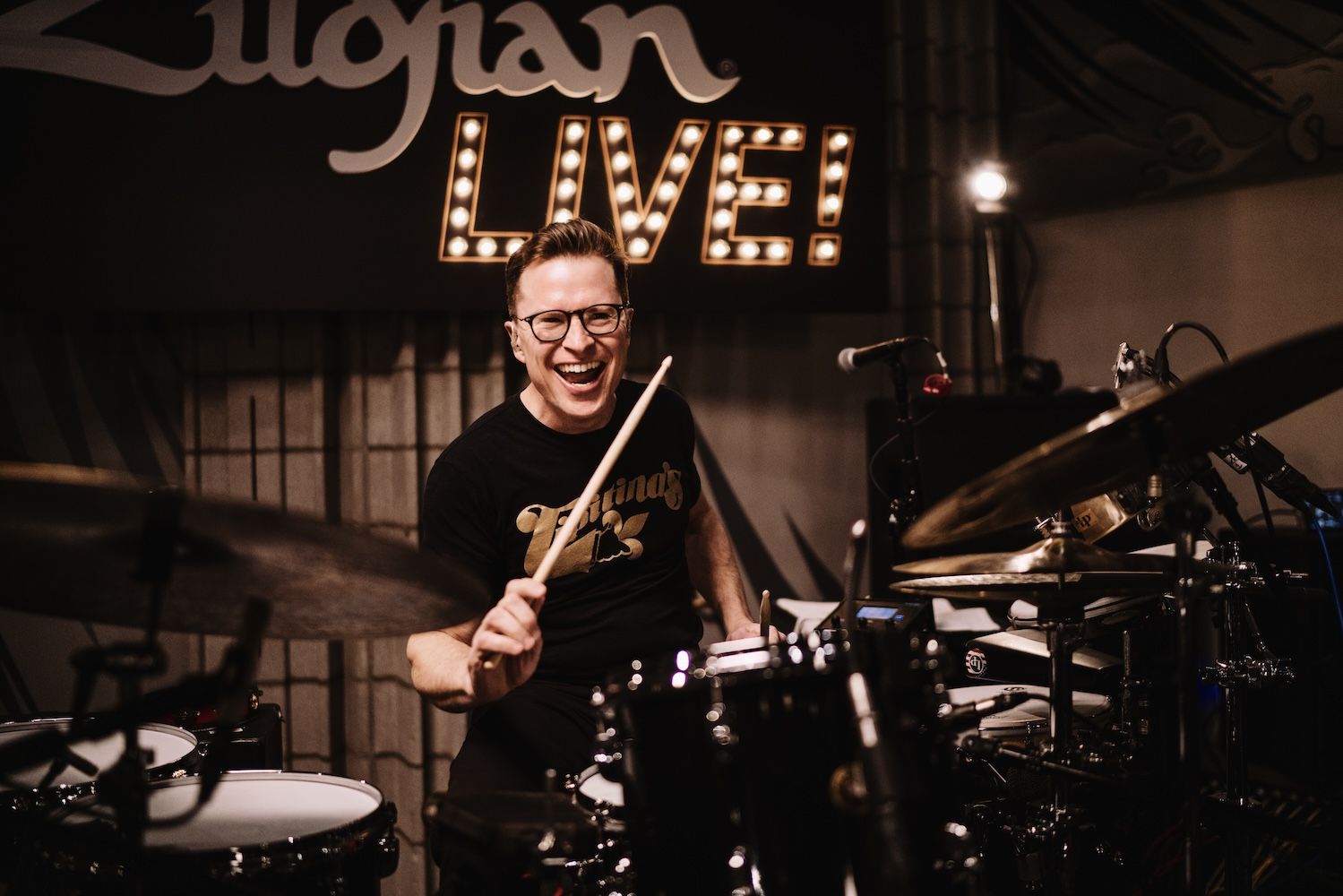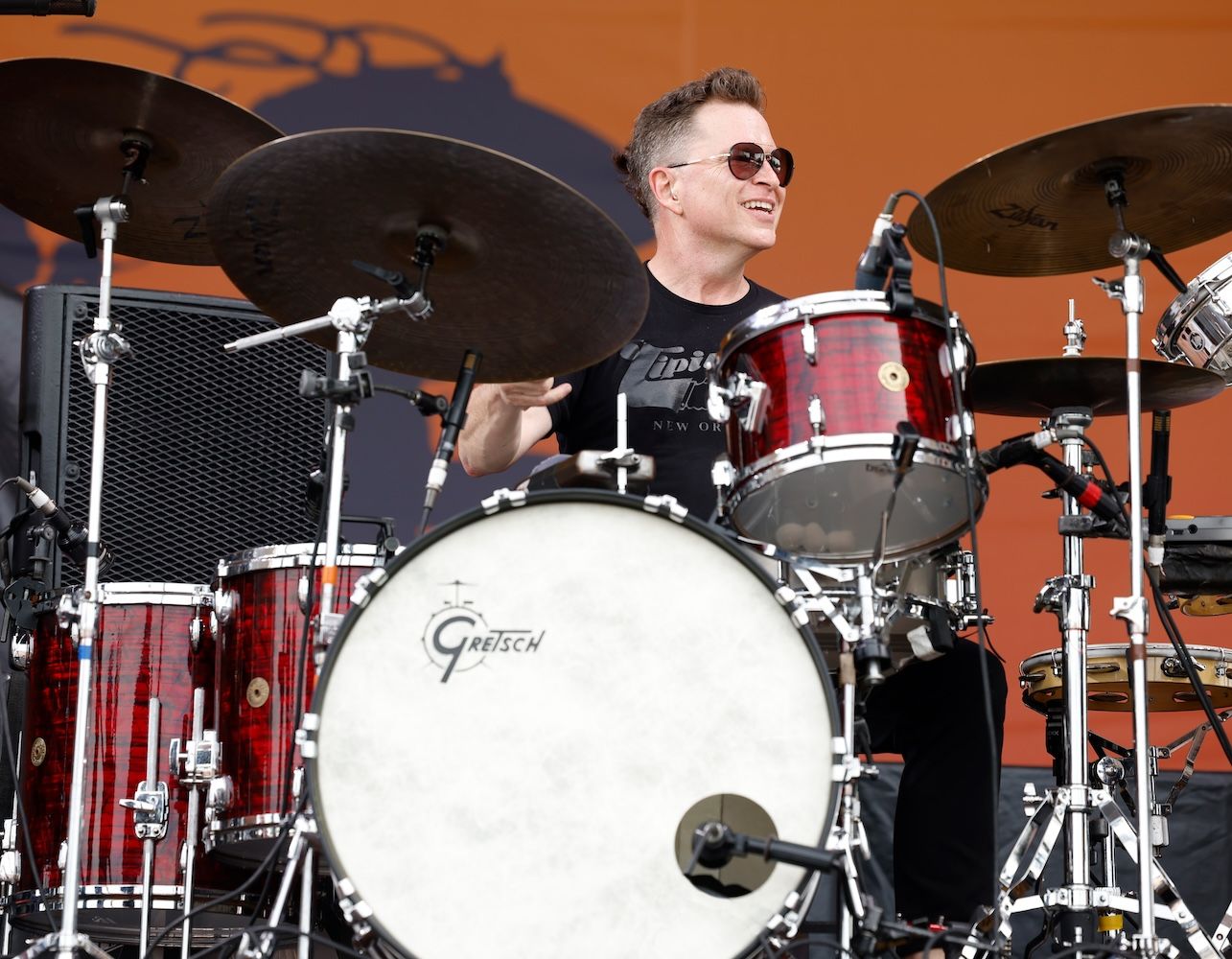Stanton Moore



ARTIST BIO:
“a thoughtful homage reflecting a careful blend of reverence and imagination. In spirit and sound, it achieves one especially challenging goal: Mr. Toussaint’s signature balance of erudition and grit.” — Wall Street Journal
“a heartfelt, hard-hitting remembrance of Toussaint’s music” — Los Angeles Times
“the driving force remains Mr. Moore’s drumming, strong-footed and centered on the snare and kick drums, locked almost perfectly in step with Mr. Singleton’s bass playing.” — New York Times
Stanton Moore is a GRAMMY award-winning drummer and was recently named Drumeo’s Soul/Funk drummer of the year. In the early ‘90s, he helped found the New Orleans-based essential funk band Galactic who continue to amass a worldwide audience via recording and touring globally. The band recently released their 11th studio record and has averaged 100 shows a year for the last 30 years.
In 2018, Moore and his bandmates in Galactic pooled their resources to purchase the internationally renowned music venue Tipitina’s.
Moore launched his solo career in 1998. He has 8 records under his own name.
Throughout his 25 year career, Moore has played and or recorded with a diverse group of artists including Maceo Parker, Joss Stone, Irma Thomas, Leo Nocentelli and George Porter (of the Meters), Tom Morello (of Rage Against the Machine), Corrosion of Conformity, Donald Harrison Jr., Nicholas Payton, Trombone Shorty, Skerik, Charlie Hunter, Robert Walter, Will Bernard, Ivan Neville, Anders Osborne and the Preservation Hall Jazz Band and Les Claypool (Primus) to name a few.
His book Groove Alchemy was picked by Modern Drummer as one of the top 25 instructional drum books of all time. To continue with his passion for teaching and to become more closely connected with his students, he recently launched his own online drum academy, StantonMooreDrumAcademy.com.



